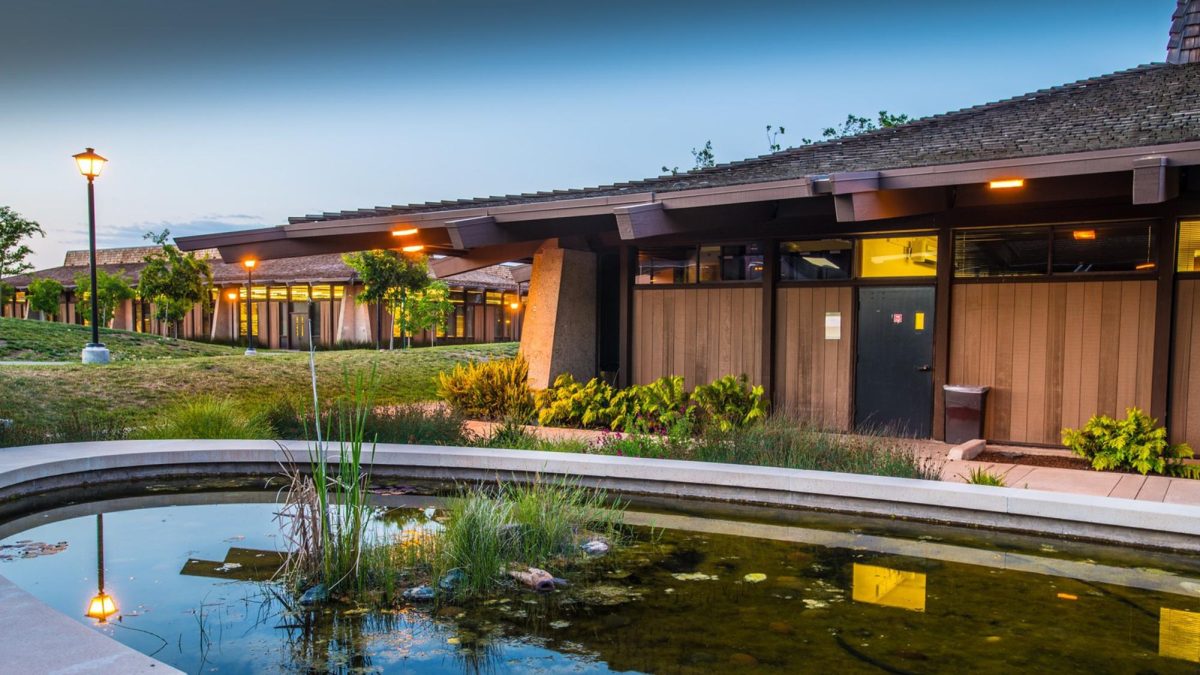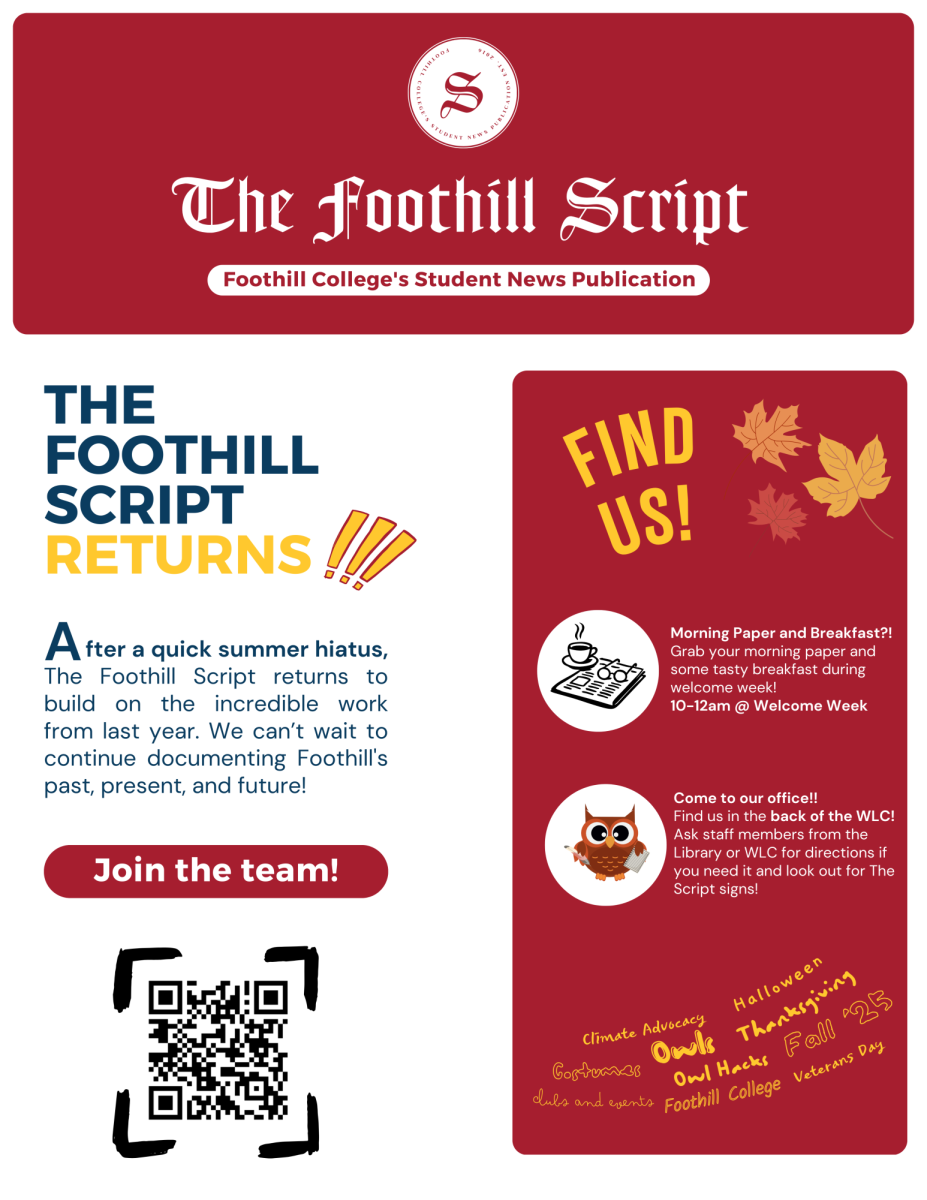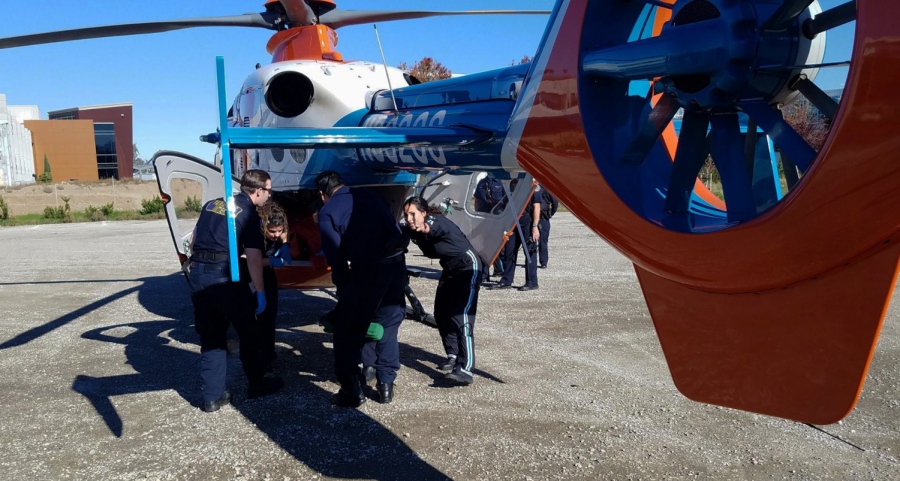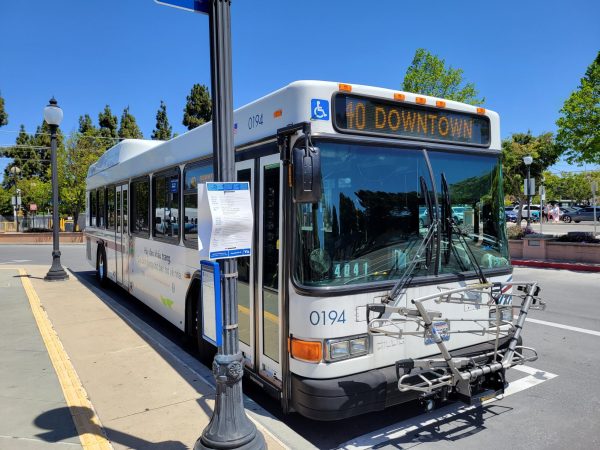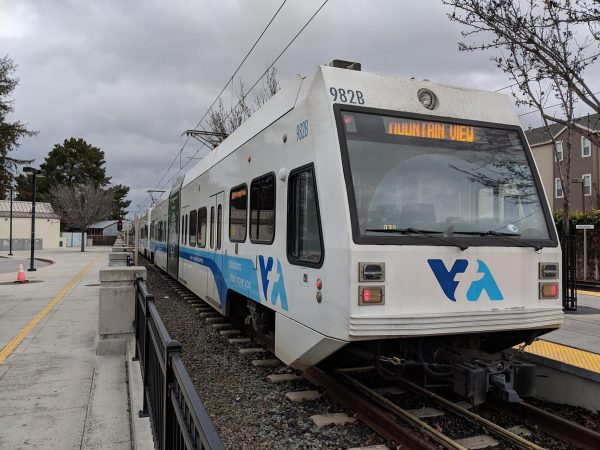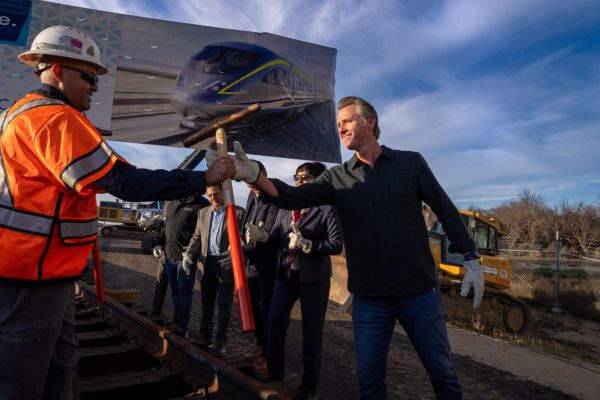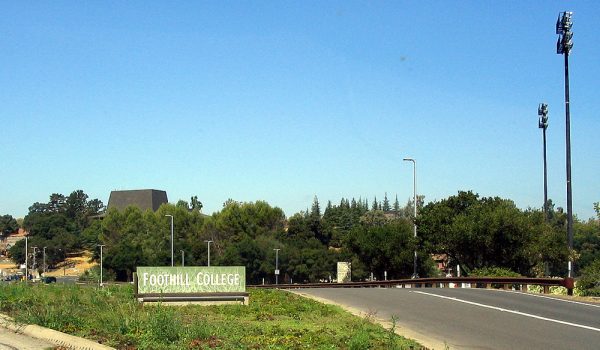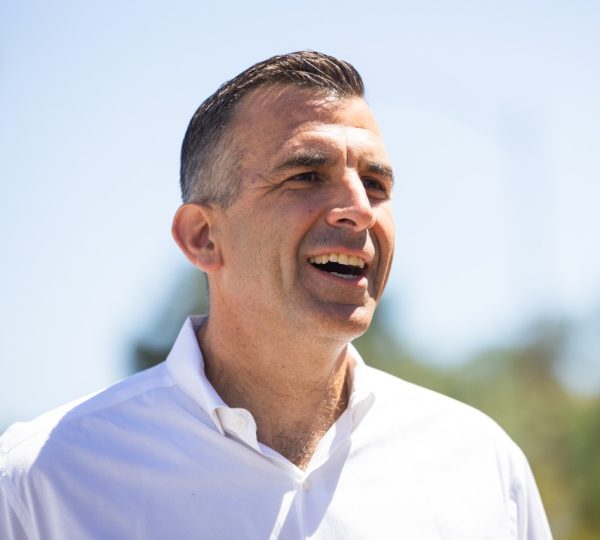Proposition 11, promoted as a public safety measure, disguises a labor dispute
Foothill College Sunnyvale Center
Foothill College emergency medical services students train at the Sunnyvale campus.
On the eve of the Nov. 6 midterm election, voters prepare to cast their ballots and enact change on a range of issues from infrastructure to animal cruelty. One proposition, however, will especially impact thousands of students at Foothill College’s Sunnyvale Center — where a robust Emergency Medical Services training program trains hopeful paramedics and emergency medical responders for licensure.
Proponents of California Proposition 11, which concerns break time for ambulance workers, say the measure will improve conditions for emergency personnel and save the lives of patients. Opponents say the benefits mask a corporate lobby’s attempt to halt a labor rights lawsuit that would cost a company millions.
American Medical Response, a privately owned ambulance company, is the sole doner behind the $22 million YesOn11 campaign. Opposition groups, including the California Labor Federation, California Democratic Party, and others, failed to raise substantial funding.
A “yes” vote on Proposition 11 would likely prevent employees from advocating for off-duty breaks and rest periods said Foothill sociology Professor Megan McNamara, who worked for American Medical Response.
The class-action lawsuit argues that privately-employed EMTs are entitled to entirely off-duty breaks that other California wage earners enjoy, exploiting a recent ruling that privately-employed security guards are guaranteed such periods of rest. “Prop. 11 is basically the company trying to create a permanent legal workaround” to the 2017 lawsuit, said McNamara.
If the measure passes, it will amend the labor code to exempt ambulance personnel from entitlements to go completely off-duty — radio off — during meal and rest breaks. The lawsuit will disappear. In practice, EMTs already stay on-call during breaks as an industry standard.
“There’s never a situation in which there’s an emergency call that has been dispatched and unit is refusing to go on the call,” said McNamara. “That’s not a thing that can happen.”
The dispute over the ballot measure can be traced back to a decades-long battle over break time between California emergency workers and their management. American Medical Response chronically understaffed ambulance fleets in her district, McNamara said, which caused breaks to evaporate: every unit was active at all times to cover high volumes of emergencies. Management repeatedly rejected petitions for upstaffing. In 2017, four former local employees pressed a class action lawsuit over missed breaks.
If the lawsuit were to succeed, EMTs could demand radio-off breaks. This would necessitate an estimated 25 percent increase in ambulance staffing to cover off-duty units. Analysts estimate the staffing expense would cost $100 million per year, according to the official voter information guide.
McNamara said radio-off breaks are not workers’ desired outcome, necessarily. Overworked EMTs want sensible rest-breaks while still being on-call, she said. Better rest could be achieved by targeted upstaffing in high-traffic urban areas.
American Medical Response was not sympathetic to the negotiation, she said. “They didn’t think we deserved breaks. They didn’t think we should have breaks. They were committed to making sure we didn’t get them.” Failed negotiations prompted the more forceful legal tactics, she said.
Now hitting a deadlock in the courts, American Medical Response is using Proposition 11 to toss the decision to California voters. A “yes” vote favors the company — dismissing a costly lawsuit against it. The proposition has the potential to make the public safer as companies enforce emergency workers’ availability during break times. It also regularizes break time and guarantees pay during breaks, a benefit which does not apply to most California workers.
A “no” vote favors organized labor, and leaves open the possibility of a lawsuit that could introduce the fully off-duty break standard for EMTs, and drastically change ambulance staffing requirements.
McNamara says the ballot measure will not impact ambulance arrival time, which is determined by county contract, not law. The measure is disguising a legal battle between employer and employees, she said. “It’s trying to make it look like the bill is actually about the public and actually about the health and safety of EMS workers, when it’s nothing of the sort,” she said.
“Fatigue is endemic, especially on 24-hour shifts…Many periods of time…I was convinced I was going to die on the road,” said McNamara. Though public safety and benefits may improve, she expects the proposition dismiss the fatigue issue at the core of the dispute. “Think of it as a rider if you want…it’s a distraction,” she said.






